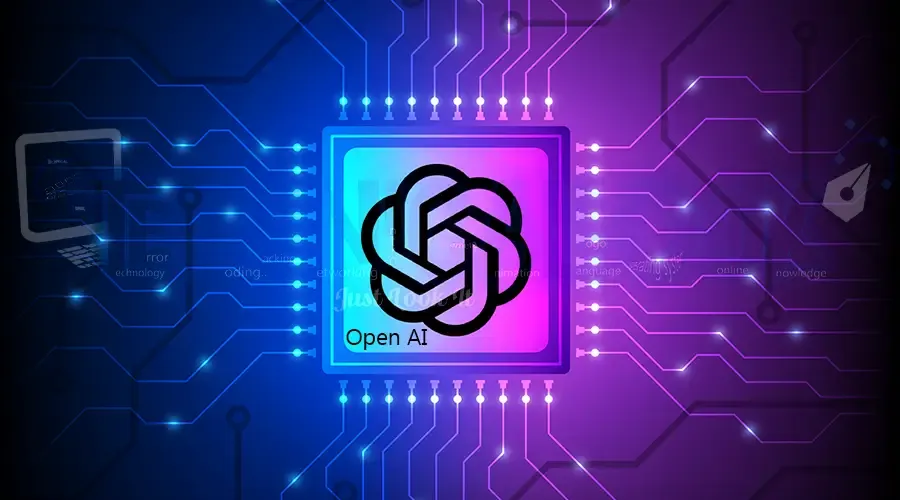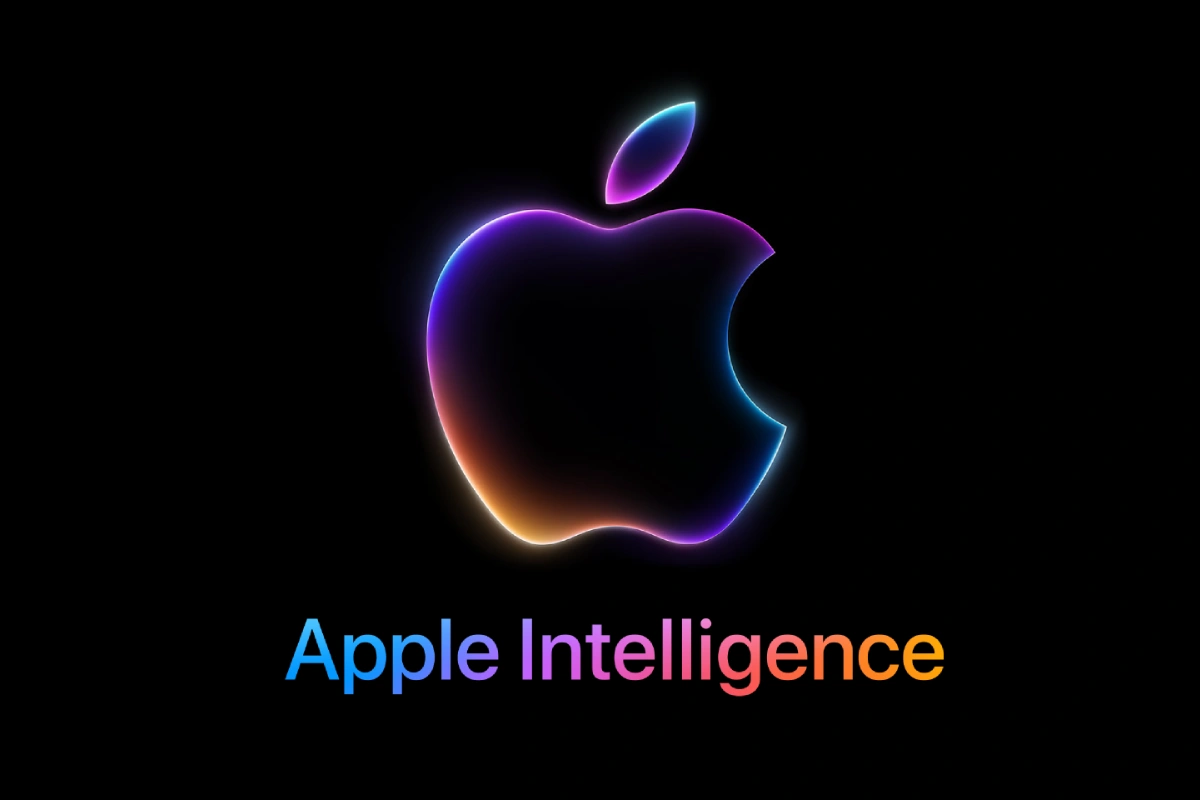This week, EU regulators quietly announced that the long-promised “Code of Practice”—a voluntary guideline to help companies comply before enforcement begins—is delayed until the end of 2025. That’s a full six months after the law was supposed to start applying to high-risk systems.
Translation? The world’s most ambitious AI rulebook is now being enforced… without an instruction manual.
And Europe’s biggest tech players? They’re starting to panic.
No Rulebook, No Guardrails, No Clue
The Code of Practice was supposed to be the training wheels for companies navigating the AI Act. A way to experiment, test, and align their models with EU expectations before the penalties kick in.
Instead, we now have AI startups, big tech giants, and legacy firms all looking at each other with the same expression: “Are we supposed to be doing something right now…?”
The result? Compliance confusion. Legal limbo. And a full-on lobbying blitz to delay the Act’s enforcement altogether.
Regulate the Race—or Kill the Runner?
This delay shines a massive spotlight on the real challenge of AI regulation: Can government ever move as fast as the tech it’s trying to tame?
The EU tried to sprint ahead. But in doing so, it created a paradox:
- Companies want to comply—but don’t know how.
- Regulators want to enforce—but don’t know when.
- Startups want to scale—but don’t know what’s allowed.
And meanwhile, OpenAI, Anthropic, and Google are shipping updates weekly.
This isn’t just a paperwork issue. It’s a strategic crisis. Because if Europe gets regulation wrong, it risks becoming the place where innovation goes to die.
What Comes Next?
There’s now serious talk inside Brussels of extending grace periods, delaying enforcement, or even creating sector-specific carve-outs. But none of this solves the core problem: the gap between law and capability is growing daily.
In the US, regulators are experimenting with light-touch policies. In China, it’s state-led dominance. But Europe? Europe is building a regulatory fortress without a working blueprint.
The AI Act was supposed to be Europe’s moonshot. Right now, it’s looking more like a moon crater.
The Bigger Picture: A Global Reckoning
This isn’t just about Brussels. This is a preview of what every government will face.
Regulate too slow, and you let chaos reign. Regulate too fast, and you choke the innovators.
The future of AI won’t be written by those who make the best rules—but by those who move with the most clarity.
And right now, Europe is looking a little… foggy.
Want to stay ahead of these shifts?
Join our subscribers inside Alpha AI — where we turn breaking tech news into actionable opportunities. Courses. Insights. Strategies. Tools. All in one place.
Subscribe now before the next headline is about you getting left behind.






